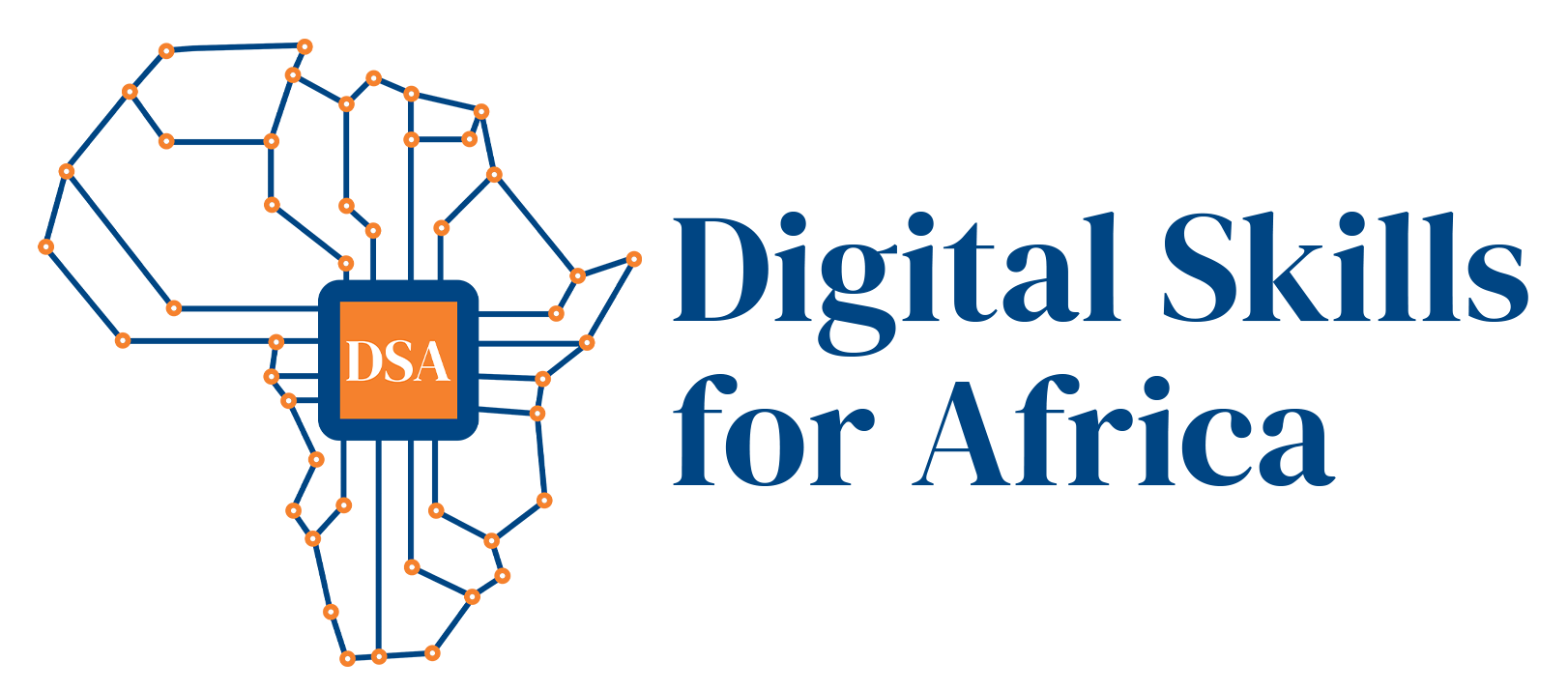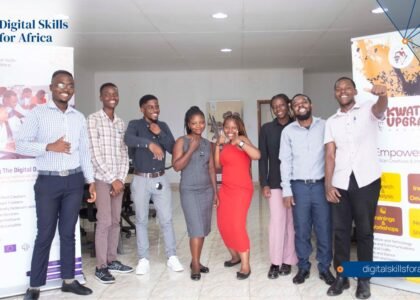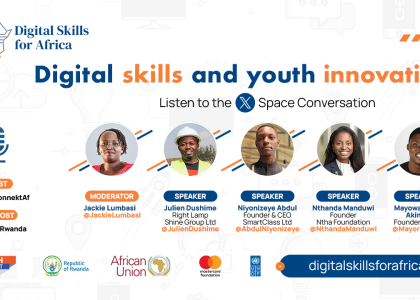As the world experiences unprecedented advancements in artificial intelligence (AI), there is a growing concern about the exacerbation of the digital divide, particularly in the Global South. While AI has the potential to bring about transformative changes, its uneven adoption and impact raise significant challenges for equitable access to technology and opportunities. This article explores how the rise of AI is likely to worsen the digital divide in the Global South, presenting both challenges and potential solutions.
Challenges
- Access to AI Technologies:In the Global South, access to cutting-edge AI technologies is often limited due to economic constraints and infrastructural challenges. Wealthier nations and regions tend to lead in AI research and development, leaving developing countries at a disadvantage. The lack of access to AI tools and resources can hinder the ability of individuals and businesses in the Global South to compete on the global stage.
- Educational Disparities:The adoption and effective use of AI require a workforce with the necessary skills and knowledge. Unfortunately, educational disparities in the Global South mean that many individuals lack access to quality education in AI-related fields. This knowledge gap could result in a shortage of skilled workers, further marginalizing countries in the Global South from the AI revolution.
- Economic Inequality:The economic implications of AI adoption are significant. Industries and businesses that can harness the power of AI may experience rapid growth, creating a widening economic gap between nations that embrace AI and those that struggle to keep up. The Global South may face challenges in attracting AI-related investments, perpetuating economic inequality and hindering overall development.
- Job Displacement and Creation:AI’s automation capabilities may lead to job displacement in certain sectors, affecting predominantly labor-intensive industries prevalent in the Global South. While AI has the potential to create new job opportunities, the lack of a skilled workforce to fill these roles may leave many unemployed or underemployed, exacerbating existing socio-economic disparities.
- Data Bias and Cultural Sensitivity:AI algorithms are often trained on large datasets, but these datasets may not be representative of the diverse cultures and populations in the Global South. This can lead to biased AI systems that may not adequately address the unique challenges and needs of communities in these regions, further widening the gap in technology benefits.
Solutions
- Investment in Education:Prioritize education in AI-related fields, ensuring that individuals in the Global South have the skills needed to participate in the AI-driven economy.
- International Collaboration:Facilitate collaborative efforts between nations, research institutions, and tech companies to bridge the technology gap and promote the transfer of AI knowledge and resources.
- Policy Frameworks:Develop and implement policies that encourage responsible AI adoption, address data biases, and safeguard against the negative socio-economic impacts of automation.
- Inclusive Innovation:Encourage the development of AI solutions that address the specific needs and challenges of communities in the Global South, fostering inclusive and culturally sensitive technology.
- Infrastructure Development:Invest in the necessary infrastructure, such as reliable internet access and computing resources, to ensure widespread adoption and benefit from AI technologies.
The rise of AI presents both opportunities and challenges for the Global South. While the potential benefits are vast, addressing the digital divide requires a concerted effort from governments, businesses, and international organizations to ensure that the advantages of AI are shared inclusively. By prioritizing education, fostering international collaboration, implementing thoughtful policies, promoting inclusive innovation, and investing in infrastructure, the world can work towards narrowing the digital gap and creating a more equitable AI future for all.




